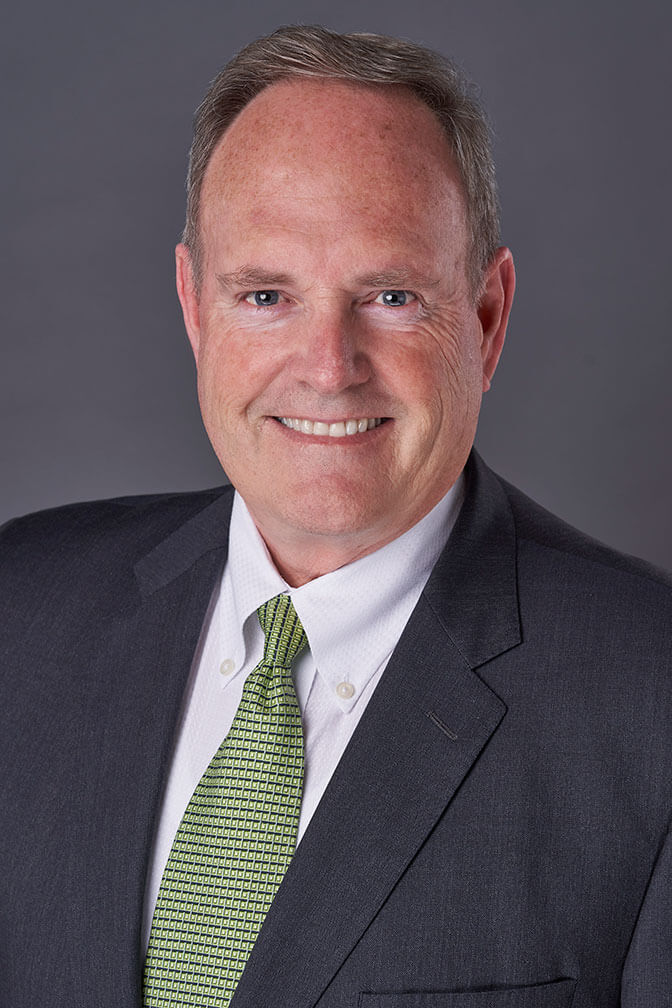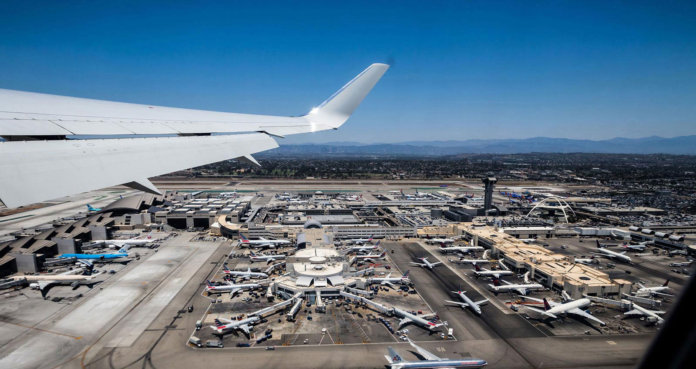Los Angeles International Airport is gearing up for the arrival of 20 60-foot 100% battery-electric buses by BYD for airside operations: “the largest fleet of electric airfield buses at an airport in the world, transporting us to a cleaner and quieter busing future.”
The fleet may help prove the economic viability of electricity for airside transport.
“These buses are smart for the environment and for our bottom line,” Michael Christensen, deputy executive director for facilities maintenance and utilities with LAX operator Los Angeles World Airports (LAWA), said in announcing the deal.
In 2017, says LAWA, “LAX bus operations transported in excess of 2.4 million passengers in over 53,000 bus trips.”
Christensen tells NGT News that the buses will help prove the viability of all-battery transport.

“We have a really good feeling that the total cost of ownership will be lower – considerably lower,” he says. “The maintenance costs should be dramatically lower.”
The total price for the new buses is not to exceed $23.7 million.
“We’re funding this ourselves,” Christensen says.
And ROI?
“I would love it if you could ask me that question in two years,” he quips.
BYD is to begin building the first of the big vehicles – designated K11 – in Lancaster, Calif., in late April. The first bus is expected at LAX in August, with the remaining 19 in the following two to three months.
“This order puts LAWA ahead of the curve in meeting and surpassing the needs and expectations of their passengers while improving air quality,” Bobby Hill, BYD’s vice president of sales for North America, tells NGT News.
“Airports across the country are looking for ways to reduce harmful emissions and noise,” he says, “especially as new clean air regulations come into play.”
BYD beat out a bid by New Flyer to supply the all-battery 60-footers, LAWA says.
As part of the bus contract, BYD is supplying connectors and related charging gear for an electric vehicle support equipment (EVSE) installation under construction near the remote passenger gates at the west end of the airport, which is the world’s fourth-busiest (more than 87.5 million passengers in 2018), second only to Atlanta, in the U.S.
The LAX airfield bus fleet currently consists of 26 vehicles: 14 diesel buses that are more than 20 years old, and a dozen 60-foot, CNG-fueled, articulated buses that are more than 10 years old. Current plans are to replace all 14 diesel buses with the BYD electrics, for a total of 32 buses.
Switching the 20 diesel-powered buses to battery-electric propulsion is projected to reduce carbon dioxide emissions “from 616,365 pounds per year (or 308 tons) of GHG per year to zero,” LAWA says: “the equivalent of saving over 34,000 gallons of gasoline from being consumed, or removing 66 conventional passenger vehicles from the road for an entire year.”
“We’re looking at making a substantial reduction in tailpipe emissions, which means cleaner air for our guests and surrounding neighbors,” says Samantha Bricker, deputy executive director of environmental programs at LAWA. “These electric buses represent an important step up in terms of sustainability and carbon footprint reduction.”
The electric buses will help the City of Los Angeles achieve goals set forth in Mayor Eric Garcetti’s “Sustainable City pLAn,” LAWA says, helping Los Angeles reduce GHG emissions to 45% below 1990 baseline levels by 2025.
LAWA presently has no plans for further bus buys, Christensen says, as airfield passenger transportation demand is expected to drop behind the opening of a new terminal in 2020. At that time, “We’re going to have to do another iteration of right-sizing our airfield fleet.”
He notes that LAWA/LAX is happy with 50 all-battery Chevy Bolt sedans now in service, that 25 more Bolts are on order, and that a further 25 EVs or PHEVs are about to be ordered – all to replace an aging fleet of 100 CNG-fueled Honda Civics.
The airport also has upwards of 200 pickup and other light trucks, some CNG-fueled. Christensen says has was very happy in late January with the news that Ford is planning an all-electric F-150 pickup in 2020, as “we’re anxious to migrate that fleet to electric as well.”
Photo: Sprawling LAX is operated by LAWA, Los Angeles World Airports.






It will be interesting to see the ROI. $1,150,000 per bus is a large capital expense. $1,150,000 per electric bus can buy 2 diesel or CNG buses.